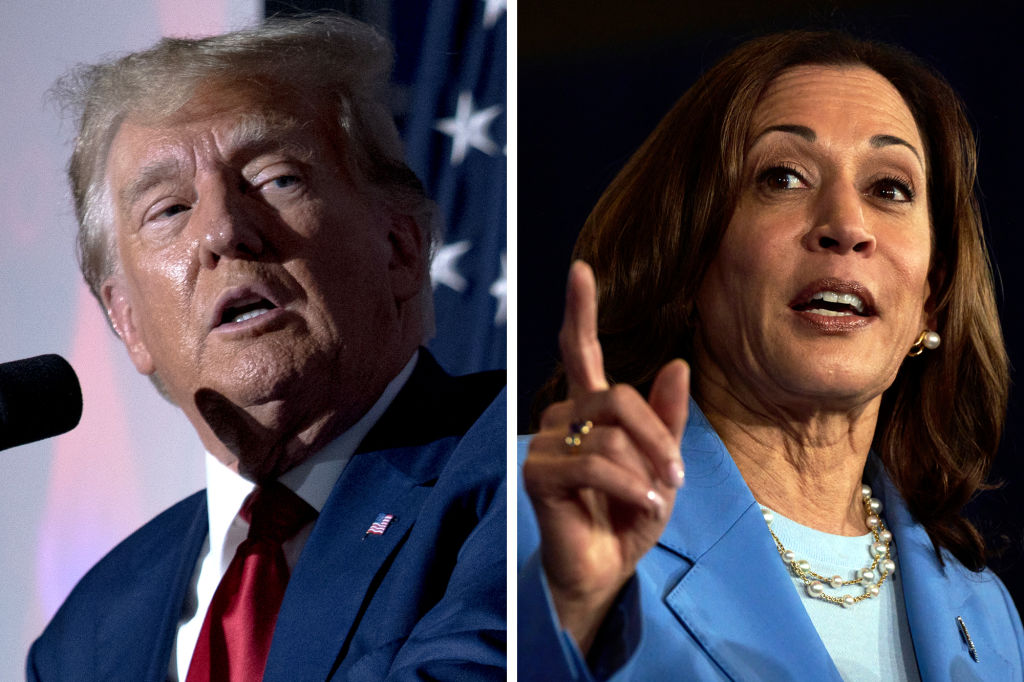With less than three weeks remaining before the U.S. presidential election, the economy has emerged as a decisive issue for voters. Approximately 81% of registered voters consider the state of the economy a crucial factor in determining their vote.
As the campaign enters its final stretch, Democratic presidential candidate Kamala Harris and her Republican opponent, former President Donald Trump, are promoting their competing economic visions, each claiming they can lead the country to economic growth.
Competing Economic Agendas
Trump’s economic platform is focused on reasserting U.S. dominance over foreign competitors, particularly China. He advocates for deregulation in the energy and financial sectors and often points to lower inflation rates during his presidency compared to the current situation.
Harris, meanwhile, has committed to building an economy that benefits both businesses and the middle class. She counters Trump’s criticisms of her policies as “communist” by emphasizing inclusive growth aimed at benefiting a broader cross-section of Americans.
Key Economic Concerns
The election outcome will have far-reaching consequences, not only for the U.S. but for the global economy as well, including major trade partners like India.
Dr. Mukesh Aghi, President & CEO of the U.S.-India Strategic Partnership Forum (USISPF), weighed in on the potential global impact of U.S. policies: “With Trump outlining his stance on tariffs, it is crucial to understand that tariffs impact consumers on both sides of the equation.”
The choice between Trump’s focus on deregulation and Harris’s pro-business, pro-middle-class agenda will shape the future of the world’s largest economy. The decision now rests with the American electorate.
-Shubhendu Ghosh (DD India)














